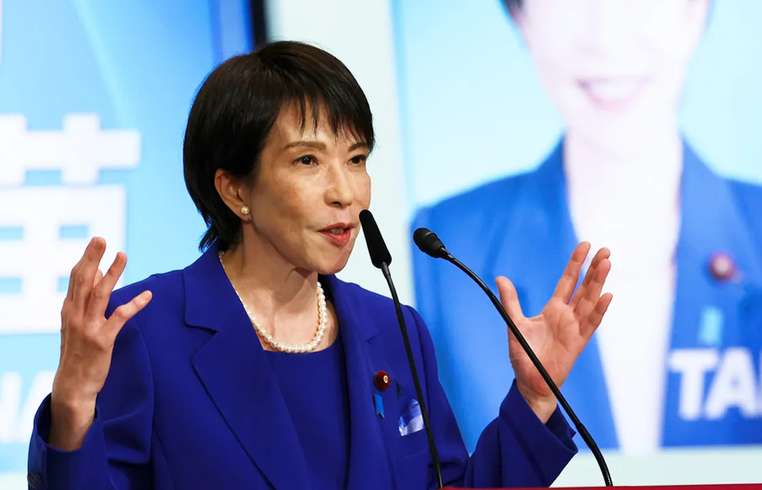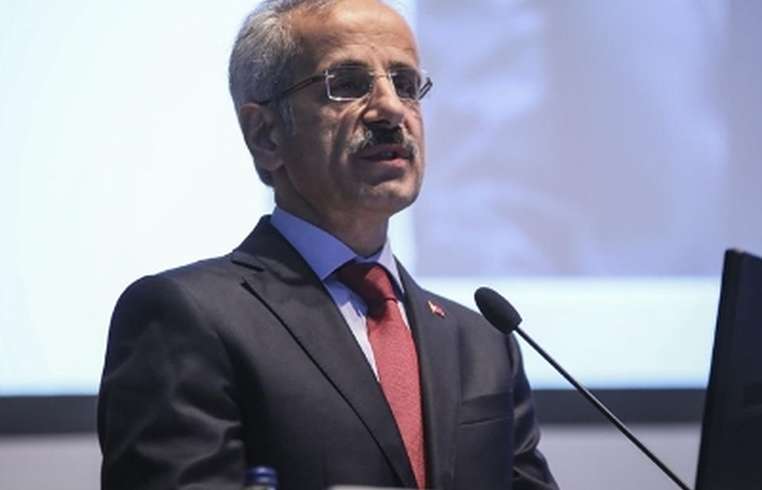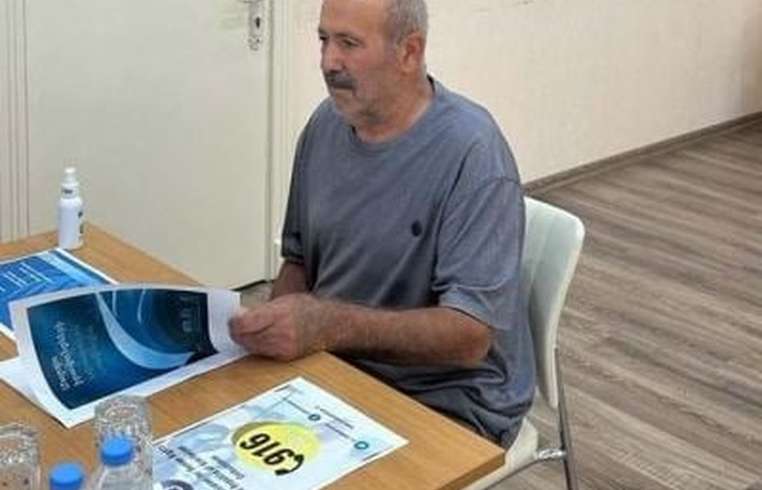
News - Japan is poised to name its first female prime minister after the ruling party elected Sanae Takaichi as its new leader.
Business Strategy
Japan is poised to name its first female prime minister after the ruling party elected Sanae Takaichi as its new leader.

Japan is on track to have its first female prime minister after the ruling Liberal Democratic Party elected Sanae Takaichi as its new leader. Takaichi, the former minister of economic security, defeated Agriculture Minister Shinjiro Koizumi, the son of popular former Prime Minister Junichiro Koizumi, in a runoff vote in an intraparty election on Saturday. Takaichi will replace Prime Minister Shigeru Ishiba as the party seeks to regain public support and stay in power. Despite suffering major election losses, the Liberal Democratic Party remains by far the largest in the lower house and will determine Japan's leader because opposition groups are highly splintered. From AOC to Zohran Mamdani, the Democrats are peddling far-left politics. In the first round of voting, Takaichi finished first with 183 votes and Koizumi placed second with 164. Because neither candidate reached a majority in the first round, the winner was decided in an immediate two-way runoff. The LDP, whose consecutive losses in parliamentary elections in the past year have left it in the minority in both houses, sought a leader who can quickly address challenges both domestic and international, while seeking cooperation from key opposition groups to implement its policies. Trump is not on the ballot, but the president is front and center in the 2025 elections. Takaichi, a hard-line conservative who has cited former British Prime Minister Margaret Thatcher as her hero, has called for strengthening Japan's military and taking a tougher stance against China and North Korea. She also opposes same-sex marriage and maintains ties to nationalist groups. Takaichi also faces a possible summit with President Donald Trump, who could demand that Japan increase its defense spending. A meeting is reportedly being planned for late October. Trump will travel to the Asia-Pacific Economic Cooperation summit in South Korea starting Oct. 31. The LDP also needs help from the opposition, which it has long neglected. The party will likely look to expand its coalition with the moderate centrist Komeito and at least one of the key opposition parties, which are more centrist. A parliamentary vote is expected in mid-October.






